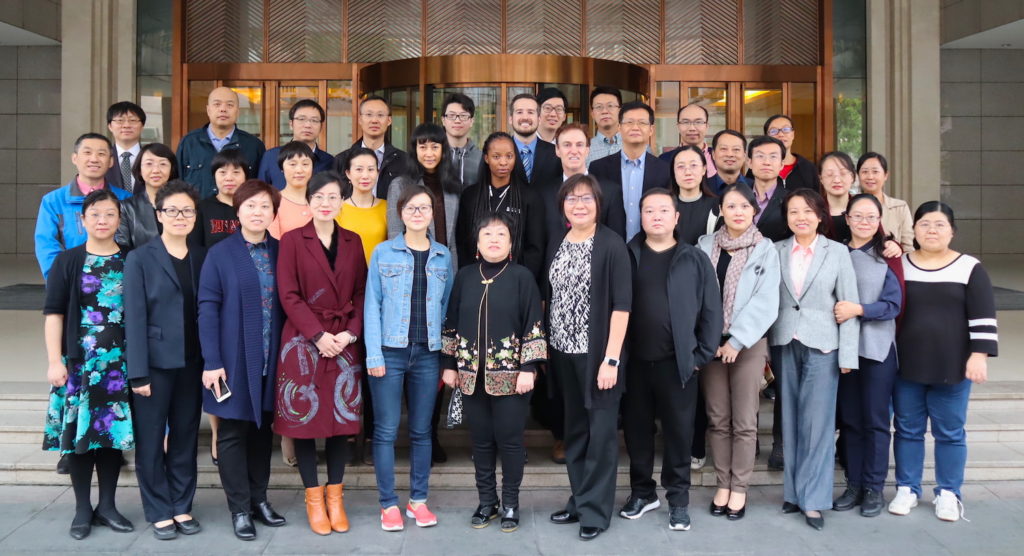
“Why are we studying typhoid, dengue, and leishmaniasis? These diseases don’t impact us in China,” protested one mid-career physician. “We are all Han Chinese. We understand our society, so learning cultural skills are not really relevant,” objected another. “I am a physician,” noted one, disapprovingly. “Public health is in a different department.”
Thus, began the in-classroom section of our 2019 China INMED Professional Certificate Course in International Medicine & Public Health. Thirty-five academic physicians participated in twenty weeks of structured, online learning. Their performance with the required exams, discussions and exercises was prompt and exceptional.
Assembling in Beijing this week for the in-classroom activities, I listened intently to the above concerns – ones similar to those raised occasionally in North America. In reply, I pointed out:
• China is a vast nation, and some of these infectious diseases continue to plague western and southern regions.
• Well-to-do patients from neighboring countries suffer from such diseases and seek consultations in China.
• Chinese physicians increasingly travel to serve and to teach in countries plagued by diseases of poverty.
• As a growing international leader, Chinese skill in interacting with other cultures is essential for success in commerce, medicine and education.
My defense alleviated some of their push back. Then, one of the class participants himself stood and addressed his colleagues:
We are all academic teaching physicians. Let’s show everyone our love of learning – even learning about onchocerciasis! When our students see enthusiasm and curiosity, they will follow our example!
